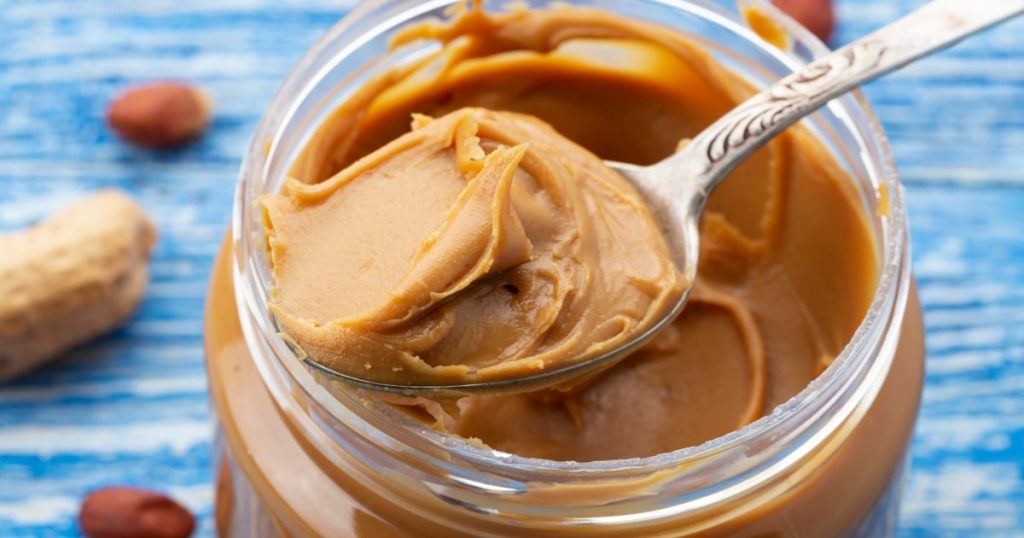Peanut butter is a versatile and delicious spread that is also packed with protein, healthy fats, and other nutrients. With a variety of options available, including smooth, chunky, natural, organic, low-fat, and no added sugar, choosing the healthiest peanut butter can be overwhelming. In its purest form, peanut butter is made by grinding up roasted and shelled peanuts, which are naturally rich in protein, oils, fiber, and other micronutrients. However, store-bought peanut butter often contains added ingredients such as salt, sugar, oils, and preservatives which can affect its nutritional content.
Generally, peanut butter is considered to be healthy when consumed in moderation as part of a balanced diet. It is rich in unsaturated fats and protein, which can help keep you full and satiated. Additionally, peanut butter contains oleic acid, an omega-9 fatty acid that helps lower LDL cholesterol. Regular consumption of nut butters has been linked to a lower risk of heart disease and Type 2 diabetes. Peanut butter is a plant-based food that does not contain cholesterol or trans fat, although it does contain some saturated fat. It is recommended to consume peanut butter in moderation to avoid consuming excess calories and fat.
To choose the healthiest peanut butter, it is important to look for options with little to no added ingredients. Natural peanut butter with just peanuts and salt is a good choice, as it does not contain stabilizers or excess sugar. When selecting peanut butter, it is recommended to choose brands with less than 100 milligrams of sodium per serving and less than 5 grams of added sugar. Natural peanut butters may have oil separation, but this is normal and can be remedied by stirring before use. Avoiding peanut butters with excess additives such as sugar, oils, and preservatives is key to choosing a healthier option.
Unhealthy peanut butters are those that contain excess sugar, oils, and preservatives, which may contribute to unwanted calories and fat. Varieties with added sugars such as honey-roasted or chocolate peanut butter should be consumed in moderation as occasional treats rather than everyday spreads. Reduced-fat or low-fat peanut butters may not always be the healthiest option, as they can contain added sugars and salt to improve taste. It is important to consume any type of peanut butter in moderation, sticking to the recommended serving size of 2 tablespoons per day maximum to avoid consuming excess calories and fat.


